6 Factors That Determine How Much Cash You’ll Get for Your Car
When it comes to selling your car, understanding what factors influence its valuation can have a significant impact on the amount of cash you'll receive. Selling a vehicle isn't just about setting a price and finding a buyer; it's a process that requires thoughtful consideration of various elements. From the car’s age to its condition, and even market demands, each aspect plays a role in determining how much money you should expect. In this detailed guide, we'll explore the six key factors that affect the monetary value of your vehicle, ensuring you get the right amount of cash for your car.
1. Vehicle Age and Model
The age and model of your car are crucial in determining its market value. Generally, newer models tend to fetch higher prices due to their updated features and lower mileage. However, certain older models—especially classic cars—can also command a high price if they are in good condition. The model’s reputation for reliability and safety can further influence its valuation. Therefore, knowing the strengths and weaknesses of your specific make and model can provide a clear indication of what to expect monetarily.
2. Car's Physical and Mechanical Condition
The overall condition of your vehicle plays a substantial role in how much cash for your car you can get. A well-maintained vehicle with no significant mechanical issues will always be more appealing to buyers than one in poor condition. Regular maintenance records, proof of repairs, and the physical appearance of your car can reassure potential buyers about its reliability. A fresh coat of paint or a detailed interior can also make a significant impact on the final selling price, highlighting the importance of presenting your car in its best light.
3. Mileage and Usage
Mileage is often used as an indicator of a car's wear and life expectancy. Cars with lower mileage are generally more attractive to buyers because they imply less wear and tear. However, it's not just the number on the odometer that counts—how the car was used also matters. A vehicle primarily driven on highways tends to have less wear than one used in stop-and-go city traffic. Understanding how mileage and usage affect your car's worth can help you set a realistic starting price.
4. Market Demand and Economic Conditions
The amount you can get for your car is significantly influenced by current market demand and broader economic conditions. Sometimes, the demand for specific models spikes due to trends or seasonal needs, which could work in your favor if your car matches those criteria. On a larger scale, economic factors such as fuel prices or shifts in new car production can affect used car prices. It's essential to stay informed about industry trends to optimize your selling strategy and timing.
5. Your Car's Scrap Value
Even if your car isn’t in pristine condition, its scrap value can still contribute to your total earnings. The automobile recycling industry is the 16th largest in the U.S., according to UnitedTires, and the market for recyclable car parts, including metals and tires, is a robust one. Older, non-operational vehicles, in particular, can still be valuable for their raw materials. Knowing the scrap value of your car gives you an added option for maximizing your return, even if selling it as a functional vehicle is not feasible.
6. Vehicle History And Documentation
Buyers often place great importance on a car’s history and the documentation that supports it. A clean title, a detailed vehicle history report, and comprehensive service records can significantly boost buyer confidence. On the other hand, if the car has been in an accident, has a salvage title, or lacks maintenance records, it may lower the perceived value. Being transparent and prepared with all necessary paperwork can streamline the sale and strengthen your negotiating position.
While many factors can influence how much cash for your car you get, understanding them can equip you with the knowledge needed to make informed decisions. From the age and model of the vehicle to its condition and market trends, each factor has its weight in shaping your car’s sale price. Factoring in the potential scrap value even if the vehicle isn’t fully operational is another way to ensure you get the most for your car. By considering all these elements, you can approach the car-selling process with greater preparation and confidence, ultimately securing a deal that reflects the true value of your vehicle. Are you ready to get cash for your car? Contact Big Boy Cash For Junk Cars.


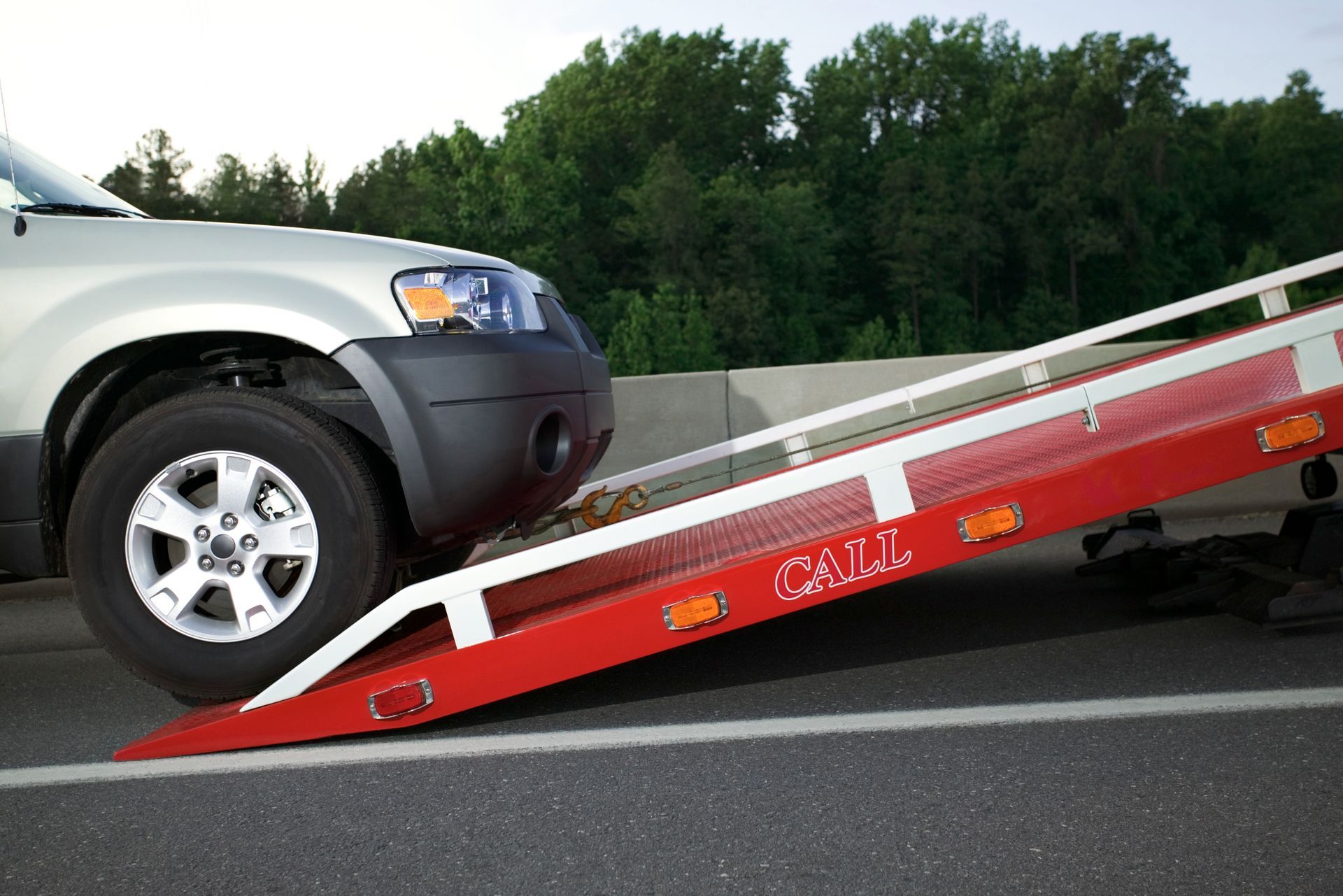

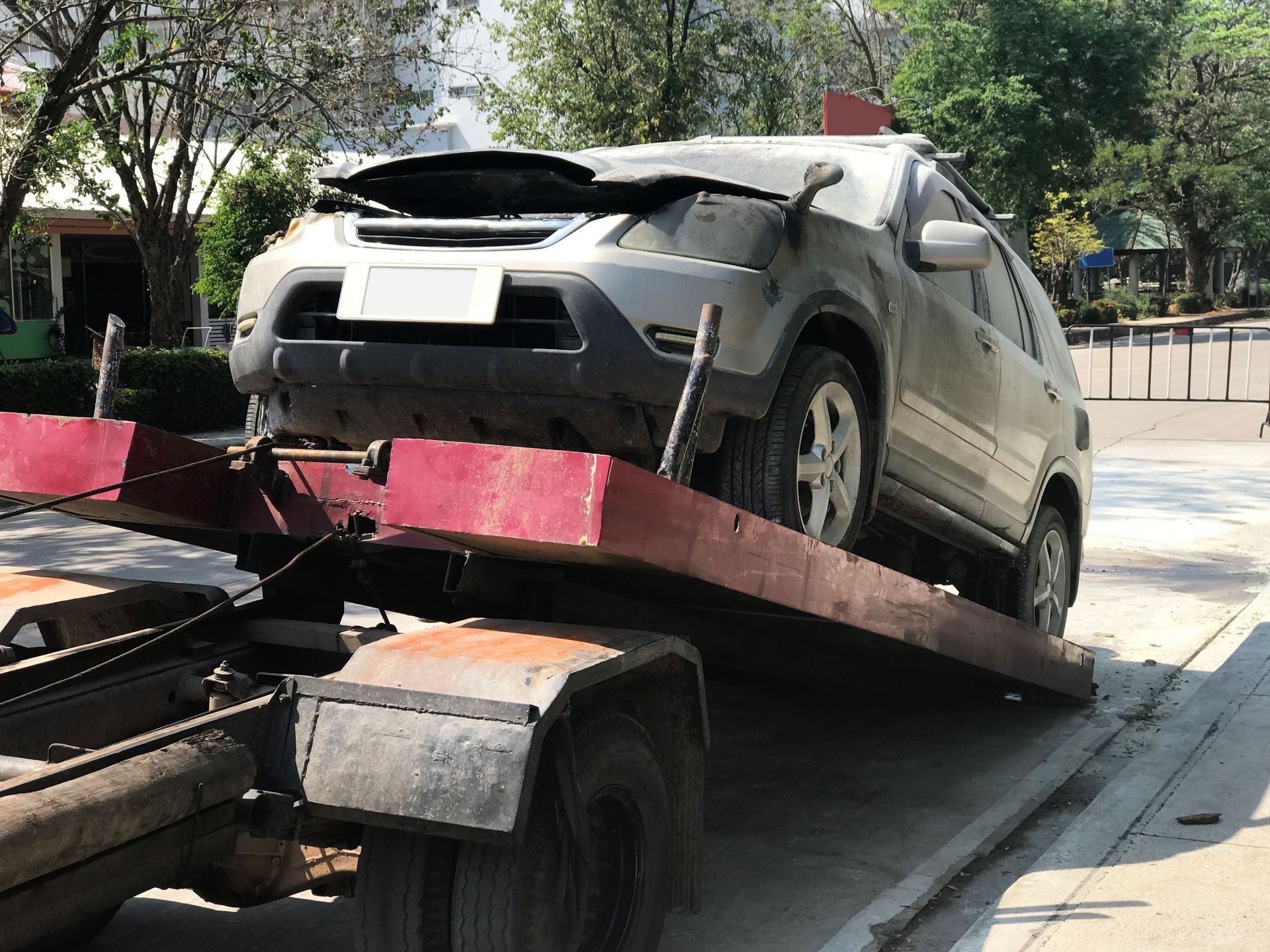




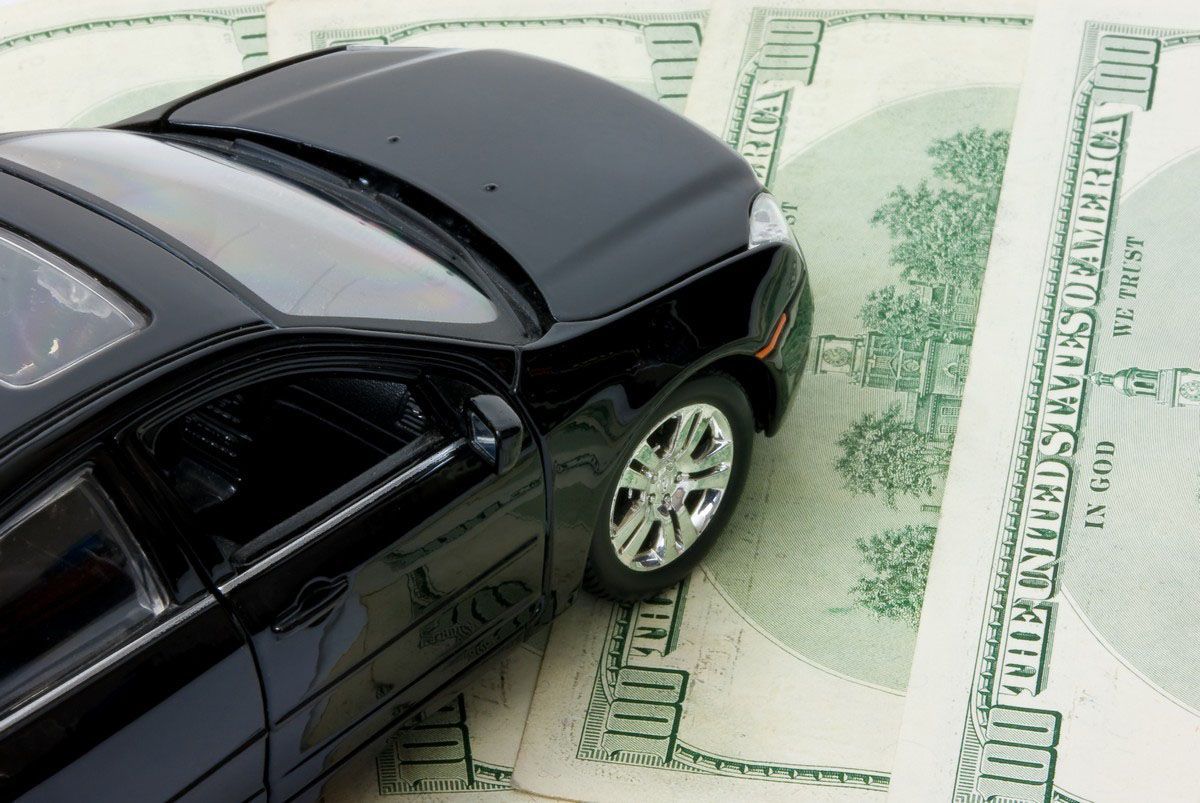
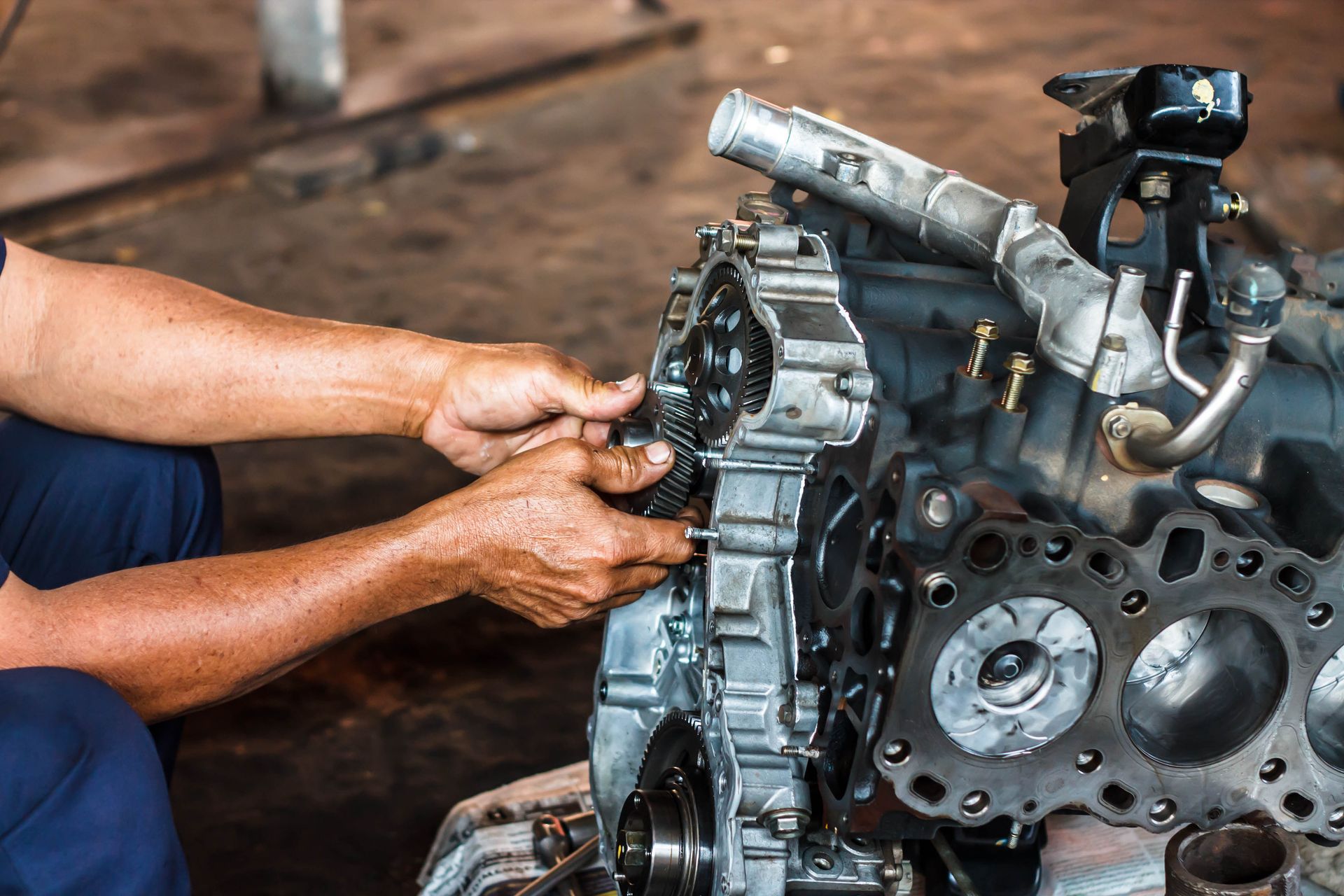
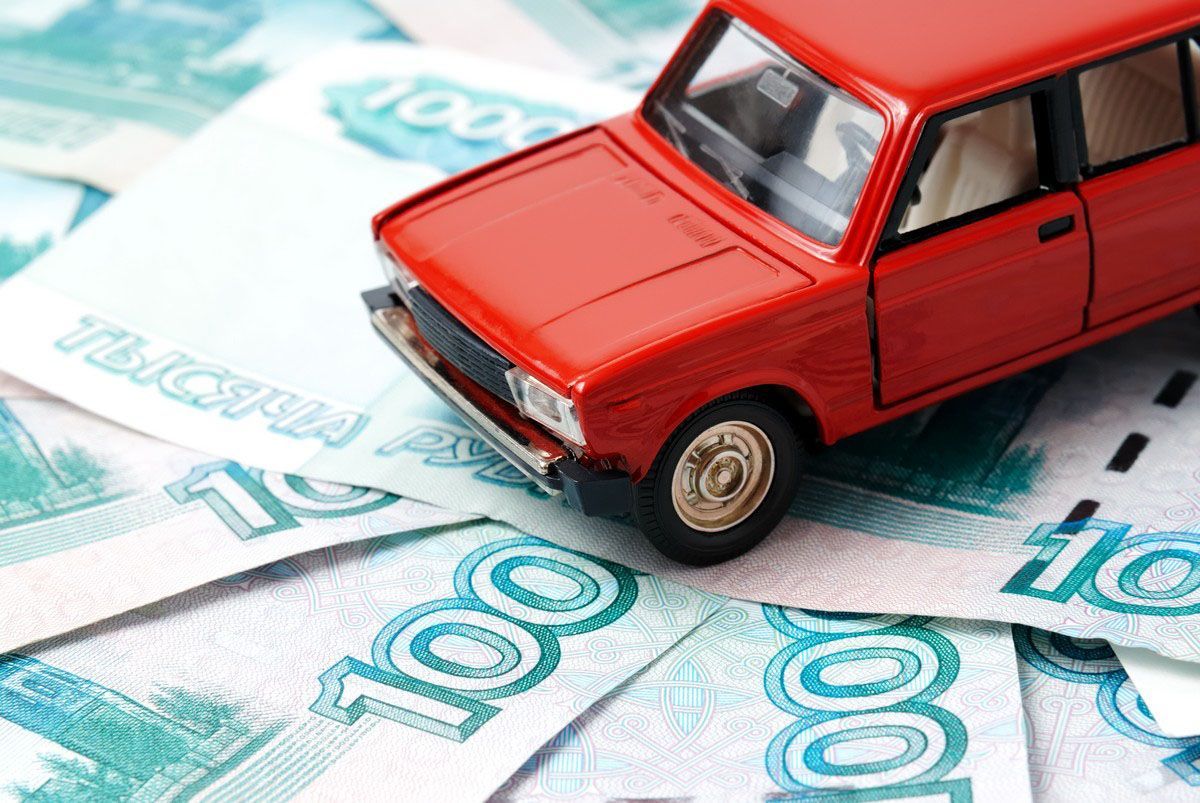
Share On: